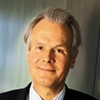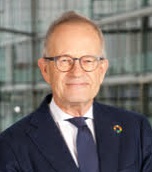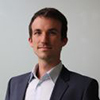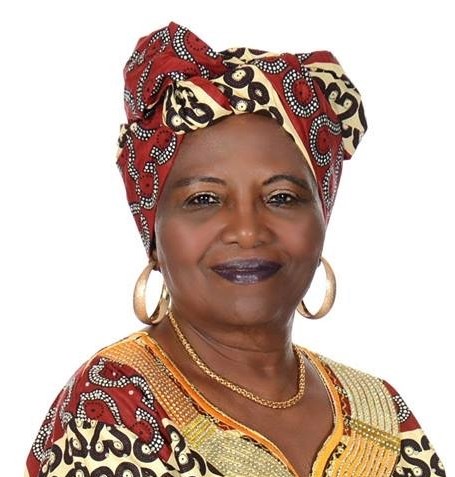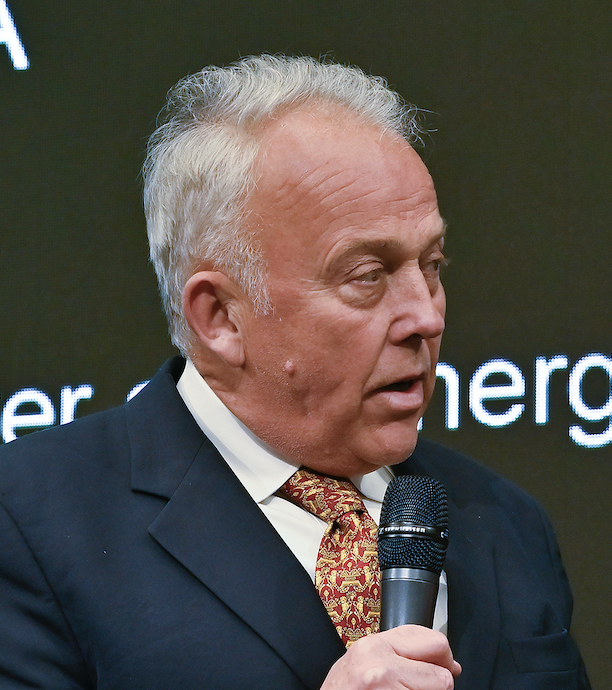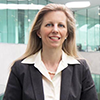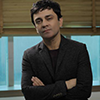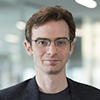How to Apply
Registration deadline: 23 May 2025 at 23:59 CET.
Submission deadline: 16 July 2025 at 23:59 CET.
What is the difference between the two deadlines?
The registration deadline is simply the date by which we need you to fill in the application form and send us your proof of enrolment, confirming your status as a master's student.
- The confirmation documents (enrolment certificates or student cards) should contain your name, your graduate programme and a recent issuance date.
- In case you do not have these documents at the time of your registration, please send them via email to geneva.challenge@graduateinstitute.ch.
Following the registration, you have eleven weeks to prepare you proposal, which is due by the submission deadline.


